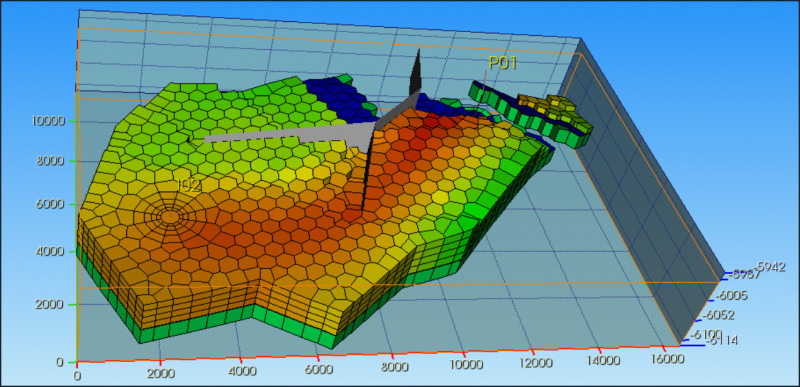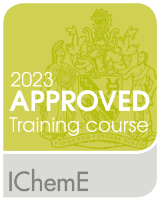Practical Reservoir Engineering (10 days)
This extensive course covers all the fundamental concepts of reservoir engineering plus practical applications in software tutorials (MBAL and KAPPA workstation). Topics include; reservoir engineering objectives, fluid and rock properties, well inflow performance, fluid flow in porous media, reservoir drive mechanisms, performance trend analysis, rate transient analysis, material balance and analytical aquifers, reserves estimation, well testing and pressure transient analysis, formation evaluation, improved and enhanced oil recovery, reservoir performance prediction and reservoir management and surveillance. You will also explore unconventional reservoir analysis and applications. 10 days classroom equivalent course.
10 days classroom equivalent.

About this course
This extensive course covers all the fundamental concepts of reservoir engineering plus practical applications in software tutorials (MBAL and KAPPA workstation). Topics include; reservoir engineering objectives, fluid and rock properties, well inflow performance, fluid flow in porous media, reservoir drive mechanisms, performance trend analysis, rate transient analysis, material balance and analytical aquifers, reserves estimation, well testing and pressure transient analysis, formation evaluation, improved and enhanced oil recovery, reservoir performance prediction and reservoir management and surveillance. You will also explore unconventional reservoir analysis and applications. IChemE accredited course (70 CPD hours).
- 216Concept Videos
- 44Software Videos
- 25Quizzes
- 1Practical Exercises
- 1Exam
Learning Outcomes
On completion of this course you will be able to...
- 1Identify key reservoir rock and fluid properties from surface and down-hole measurements and explain their application in reservoir engineering. Explain how fluid flows in the reservoir and describe the use and application of relative permeability curves for multi-phase flow
- 2List and discuss the main techniques for reserves estimation and their strengths and weaknesses. Discuss the concepts of performance trend analysis
- 3Explain the principle and limitations of the material balance method and the influence of drive mechanisms on the recovery factor. Build a material balance model for a new oil field development. Perform history matching and run production forecasts (MBAL)
- 4Describe the concepts and techniques of well testing and pressure transient analysis. Demonstrate the application of the key interpretation methods (Saphir)
- 5Appraise and justify the importance of formation evaluation as part of accessing and producing hydrocarbons; apply the principles of formation evaluation to field developments
- 6Distinguish between IOR and EOR techniques and explain the principal methods employed in secondary and tertiary recovery
- 7Explain the key concepts and models used in reservoir performance prediction. Demonstrate how to run pressures and rates forecasts (MBAL, Rubis)
- 8Identify the main elements of a reservoir management strategy. Explain how uncertainties are mitigated and list key reservoir monitoring and surveillance techniques
- 9Explain how unconventional reservoir analysis differs from traditional methods. Illustrate with practical applications for field performance matching and prediction (Citrine, Topaze)
Individual course with certificate
*Access for one month Single user
We currently have no prices available in this currency. Please try another, or contact us for more information.
Video library subjects
*Access for one month Single user
We currently have no prices available in this currency. Please try another, or contact us for more information.
All courses and video library
1/3/6/9/12 month
*12 month subscription Single User
We currently have no prices available in this currency. Please try another, or contact us for more information.
Bespoke plans available
Significant discounts are available for multiple users and longer subscription periods. Flexible user plans are also available.
Please contact us for a quotation
